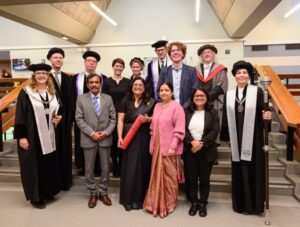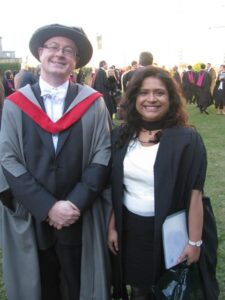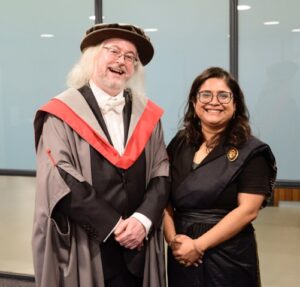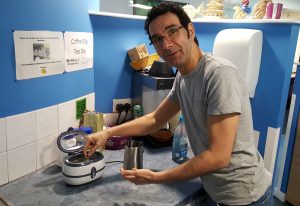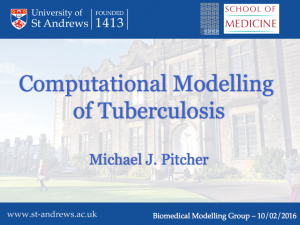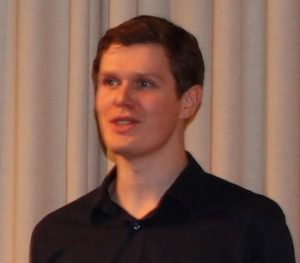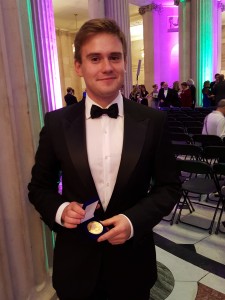The School of Computer Science at the University of St Andrews has a fully-funded scholarship available working within the Complex and Adaptive Systems Research Group with Prof Simon Dobson and Dr Peter Mann. Applications must be received by 1 March 2023.
Background
A “complex” system is one in which cause and effect can be hard to determine. In an epidemic, for example, it is easy to determine how someone was infected (by one of their social contacts), and we can also predict the overall size of an outbreak from the properties of the contact network — but we may not be able to predict in detail how the epidemic proceeds through the network, or what could be done to counter or steer it. Other examples include studying how rumours grow (and can be countered) on social networks, or to understand the effects of placement and error in sensor-driven systems such as those in climate science and ecology.
We understand relatively little about how things at “in-between” scales affect processes. These “meso-structures” include things like dense clusters of individuals, sparse chains of contacts, networks with core and periphery structures with different properties, and so on.
We are conducting a research programme investigating network meso-structures, with several goals. We want to understand these structures’ effects both analytically and numerically, meaning that we want to develop new frameworks for network process simulation and modelling based on our locally-developed simulation framework, epydemic, and to develop new analytic approaches to the study of these topics based on ideas from simplicial topology and sheaf theory.
Topics of interest
We are interested in a lot of different approaches, including but not limited to:
- Applications of generating functions to the study of network processes
- New applications of discrete combinatorial mathematics to complex systems
- Understanding the effects of fine structure on processes
- New simulation and numerical analysis techniques for complex systems
- Epidemic spreading, especially the ways in which disease variants interact and develop through co-infection
- Complex contagions such as rumour-spreading
- Generating random networks with specific statistical properties
The scholarship
We have one fully-funded scholarship available, which will be awarded competitively to the best applicant. This scholarship covers all tuition fees and comes with a stipend (currently £17,668 full-time equivalent). Additional scholarships may be available from other sources.
The School welcomes applications from under-represented groups, and is willing to consider part-time and flexible registrations. The successful applicant will however be expected to conduct their research in St Andrews and not fully remotely.
To apply
Informal inquiries can be directed to Simon or Peter. Formal applications can be made through the School’s postgraduate research portal.
The deadline for applications is 1 March 2023.


